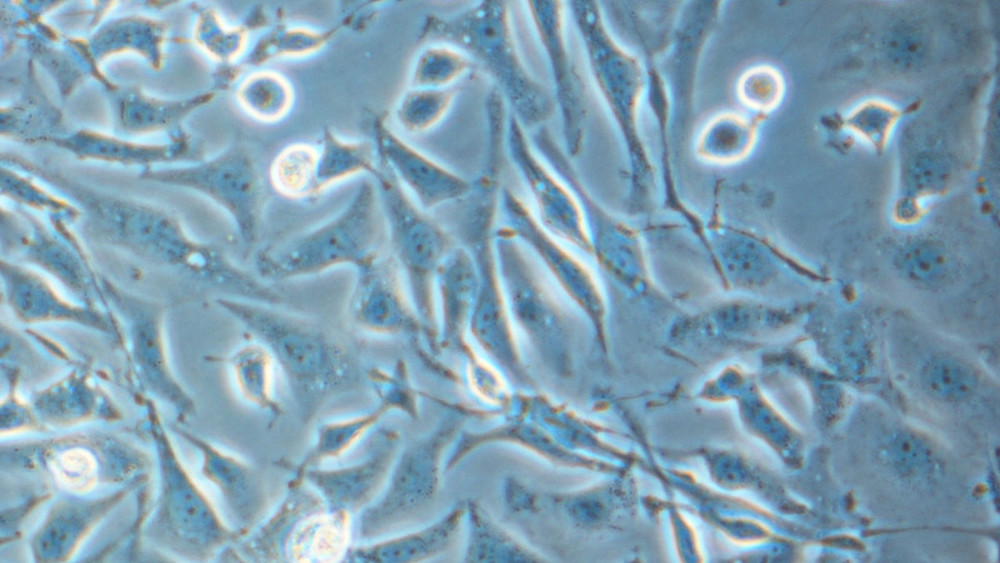
Bioengineers to standardise biomanufacturing
Biomanufacturing - either for production of biologics or bio-based everyday products - has traditionally suffered from the unpredictably variable response of production cell lines to external stimuli. Synthetic biology groups now wish to create a network of biofoundries that aim to establish reproducibility standards from process design to product purification and - in the long term - intend to switch from cell-based to cell-free bioproduction.
As Big Pharma’s development pipeline shows growing amounts of next-generation engineered antibody formats, further complexity has been added to the process development and biomanufacturing of biologics. Today, we have more than 100 different formats for biospecific antibodies alone, says Thomas Schirrmann, CEO of antibody discovery and development specialist Yumab GmbH (Braunschweig, Germany). Yumab cofounder Stefan Dübel confirms that classical mAbs today make up only a third of all drug candidates in the development pipeline of companies like Roche. The newly-engineered antibody formats, together with the current hype around cell and gene therapies, are new challenges for Contract Development and Manufacturing Organisations (CDMOs) that currently expand their scientific and technological capabilities to satisfy the new demand.
Challenges in production
As the complexity of drug formats is growing, companies have begun to look for alternative production systems including CHO cells, the workhorses of mAb manufacturing: MedImmune has partly switched to HEK293 cells that provide human glycosylation of therapeutic proteins. Biogen and MIT have begun to systematically screen for alternatives to CHO cells, which they say is not the system to master future challenges in USP, DSP, and QBD. Florian Wurm, one of the biomanufacturing pioneers at Genentech during 1990s, knows the reason. The lack of reproducibility of CHO-cell-based biomanufacturing is due to the non-
existent clonality of cell lines. Even the original immortalised hamster cell lines of 1957 were just aneuploid, quasi-diploid cell populations that are highly genetically variable, he stressed at Rentschler Biopharma’s 5th Biotech Days. It’s no wonder that the heterogeneous CHO cell populations stochastically adapt if any selection pressure occurs during a process, i.e. different culture conditions, process scale up, etc. Even miniaturised, automated bioprocess development, or quality by design, have only gradually improved the imminent problems of standardisation of the challenging CHO cell system.
Cell-free processes
Yet, it sounds like science fiction. But bioengineers at German Fraunhofer Gesellschaft have already begun to establish cell-free systems for bioproduction, as they provide critical advantages to call-based systems, such as a:
- fast synthesis rate
- direct reaction control
- tolerance to toxic products
- scalability.
Another approach, most recently tested by MSD, is establishing programming languages that can detect the interactions between different experimental factors. In order to create a microbial manufacturing platform for biologics, MSD used the language ANTHA, which examined the interaction between 27 factors from 576 experiments to integrate strain construction with process development – a task that is far too complex to address with a screening approach.
Synbio crucial for bio-based conversions
Another emerging application field in biomanufacturing is bio-based production in order to establish a circular bioeconomy. Participants in an illustrious OECD/Imperial College workshop on engineering/synthetic biology in London last September said that they could solve the current quality, reproducibility issues of bio-based processes by applying quantitative engineering rigour to biotechnology through alignment of its methods with the engineering design circle. The key problem, however, is the dearth of interoperability standards in engineering production cell-lines or cell-free systems by means of synthetic biology or metabolic engineering. Working without standards would result in a significant lack of reproducibility and reliability. As most start-ups lack the resources for fundamental research and as most larger companies are not sufficiently incentivised in the face of policy uncertainty to establish synbio standards, public-private partnerships would be a solution, said James Philp from OECD in Paris. Such biofoundries would develop and integrate standardised, industrially relevant production strains, advanced tools for bioengineering and data analysis, and process development. Biofoundaries might be viewed as small-scale production plants for iterative opimisation of bioprocesses that could be later applied in industrial biorefineries or production plants for biopharmaceuticals. By providing such a standardised toolbox, biofoundries contribute to a distributed, decentralised manufacturing model Public-private biofoundries would prevent high-risk investments for companies and de-risk novel engineering biology technologies, said Philp. There are currently few biofoundries, but Europe is in an advantageous position. Furthermore, the OECD is currently working to establish a global network of biological resource centres that will enhance access to biological resources. Philp told European Biotechnology that he thinks it will take at least five years to establish some standardisation in engineering biology. He says biofoundries would also provide solutions for bio-based products manufacturers.




